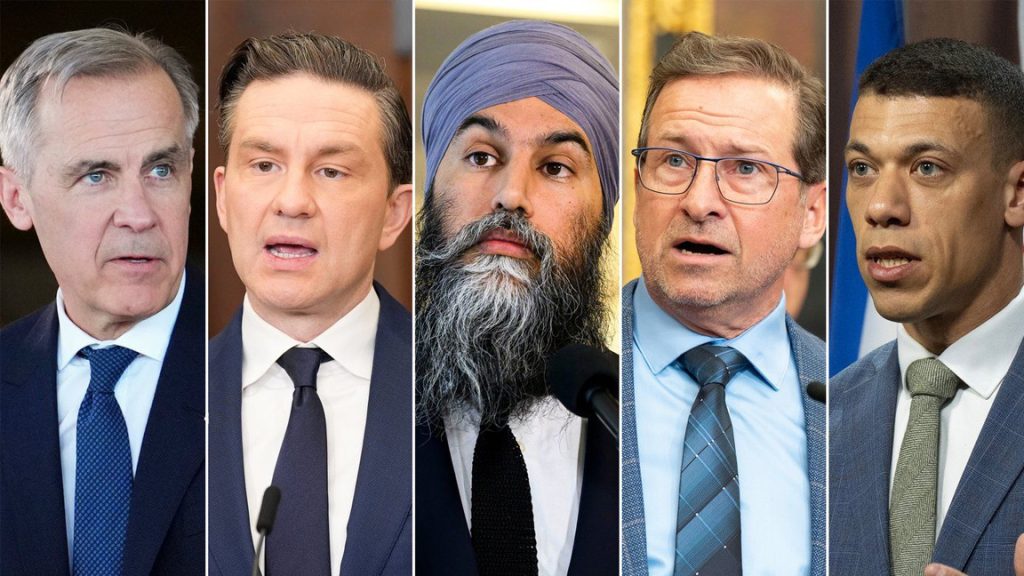Canadians will head to the polls on April 28 following Prime Minister Mark Carney's formal meeting with Governor-General Mary Simon to dissolve the 44th parliament, marking the end of the longest running minority government in Canadian history. Carney's announcement comes just one day before parliament was scheduled to reconvene after former Prime Minister Justin Trudeau had prorogued it in January.
The April 28 election date is the earliest permissible under the Elections Act, falling one day longer than the minimum requirement of 36 days by law. At the time of dissolution, the Liberal Party held 153 seats in the House of Commons, while the Conservative Party had 120, the Bloc Quebecois maintained 33 seats, the New Democratic Party (NDP) held 24 seats, the Green Party captured 2 seats, and there were three independent MPs.
Carney was elected as the new Liberal leader on March 9 and was sworn in as Prime Minister along with his new cabinet on March 14. The Liberal party confirmed on Saturday that Carney will run for a seat in the House of Commons representing the Ottawa riding of Nepean, a position held by Liberal MP Chandra Arya for the past decade. Arya, who was previously informed that his candidacy for the leadership would not be accepted, was notified that his nomination for the Ottawa riding has been revoked.
Carney's electoral candidacy puts him in proximity to his main rival, Conservative Party leader Pierre Poilievre, who is seeking re-election in the adjacent Carleton riding. Poilievre addressed the media before the official election call, stating his intention to restore the promise of Canada and to tackle affordability issues that he attributes to elites.
The impending election presents a favorable opportunity for Carney's Liberal Party, which - for the first time since 2022 - has surpassed the Conservatives in several opinion polls. Canadian voters are expected to weigh domestic policies heavily in their decision-making, but anxieties surrounding U.S. President Donald Trump, his trade war, and threats to Canadian sovereignty are looming concerns over the campaign. Trump is becoming a significant issue for voters who are seeking a party and prime minister capable of standing firm against his tariff threats while negotiating beneficial terms, expanding Canadian markets, and bolstering the economy to mitigate the economic challenges facing the country.
Political parties are actively nominating candidates and organizing leaders’ tours ahead of the election. Notably, the Liberals have only nominated about half of a complete slate of candidates. In contrast, the Conservatives, NDP, and Green Party have nominated candidates in more than 200 of the 343 ridings across Canada.
In recent days, Carney has successfully enlisted several notable figures to run for the Liberals, including former Canadian television journalist Evan Solomon and Carlos Leitão, a former Liberal finance minister in Quebec. Meanwhile, the Conservatives boast a significant fundraising advantage for the election, having raised nearly $41.8 million over 2024. In comparison, the Liberals raised approximately $15.2 million, and the NDP garnered close to $6.3 million in donations throughout the same period. However, the Liberals are likely to see a substantial influx of cash following their leadership race, during which Carney himself raised over $4.5 million in less than two months.










